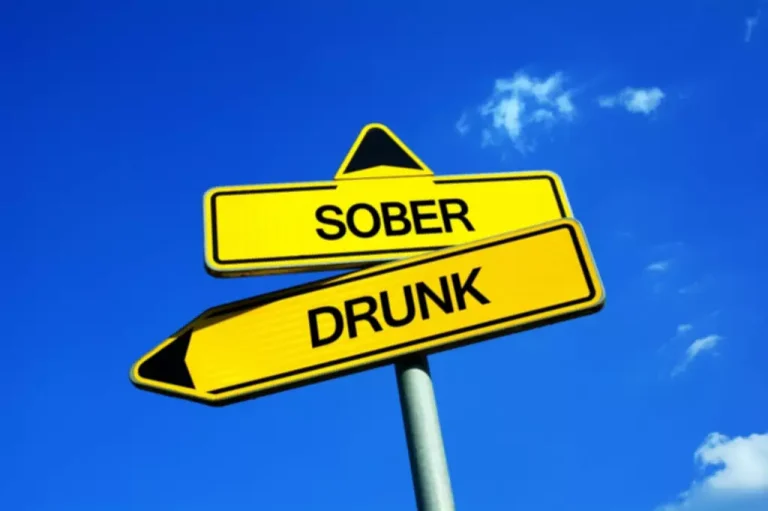
Thus, we do not know whether the effect of parents’ risky alcohol use (which has not necessarily yet developed as a problem) on their children is similar to the effects in this study [23]. The effects of other parental problems on children’s disorders were mixed. Both the mother’s and father’s education after secondary school decreased the children’s risk of any disorder. Among both mothers and fathers, education decreased the risk of F8 and F9 in their children. The mother’s and father’s receipt of long-term social assistance increased the children’s risk of all studied categories of disorders.

Common Characteristics of Children of Alcoholics
- Details of studies in this area not meeting selection criteria are provided in an online appendix (Appendix 1, available as a web‐based Supplement to this article) as an aid to further study.
- Children with alcoholic parents learn to hide their emotions as a defense mechanism.
- This may be due to how normalized drugs and alcohol are in their home or because the child views them as a coping mechanism for their home life.
- This means that disorders in children that are possibly related to parental alcohol abuse are not treated this early (when the child is aged 0–15) and thus do not come out in registers.
- Their region has recently experienced a lot of rain and flooding during the spring and summer.
- Prenatal alcohol exposure is a leading preventable cause of birth defects and neurodevelopmental abnormalities in the United States.
The adult may also be a high-functioning alcoholic, making it harder for the child to accept that their parent has a problem because it may not be as obvious. Several studies discuss the impact on the offspring of parents who have experienced AUD or other SUD. While these numbers can seem daunting, there is an extended network of people with shared experiences who are available for support if you need it. You don’t have to feel limited in how you process and navigate this situation. All of the children described how they understood—even as young as age five—that their alcohol-dependent parent’s behavior changed when they drank, sometimes in conjunction with drugs.
Papers marked with an asterisk (*) were included in the review

Try to remember that nothing around their alcohol or substance use is in connection to you, nor is it your responsibility to alter their behavior. It can be tough to navigate life as a child or young adult when your guardian is navigating such a complex illness. ACE scores, or Adverse Childhood Experiences, is a widely accepted and thoroughly researched marker of the alcoholic parents effects on child potential experiences an adult may have to navigate. Even with the understanding that these disorders are like many other chronic conditions — where proper intervention and treatment can make a significant difference in overall behavior — that may not always make living circumstances any easier. Living with a parent who experiences AUD or SUD can be challenging.

What are Some Effects of Parental Alcohol Use?
- They have informed their landlord of the problem, who hires a mold removal professional to properly clean the apartment.
- An unpredictable and unreliable environment can cause a child to feel unsafe in their own home.
- As such, a wide range of individual and family therapy options are available through American Addiction Centers (AAC).
If you are concerned about FASDs, ask your health care provider to refer you to a specialist who knows about FASDs. To find health care providers, referrals to resources and services, or receive one-on-one peer support, visit FASD United’s Family Navigator program. If your child is younger than three years old, you can contact your state or territory’s early intervention program. FASD United also has a searchable Resource Directory that helps you to find resources in your area. The study protocol was approved by Institution Ethical Committee.

National Recovery Month
- In 2019, around 14.5 million people ages 12 and older in the United States were living with this condition, according to the National Institute on Alcohol Abuse and Alcoholism (NIAAA).
- Your parent(s) may get angry a lot, may threaten you, may forget lots of things, and may even abuse you.
- Even if the child is upset or angry with you, continue to offer unconditional love and support.
Talking with others who have similar lived experiences can often be helpful. Moreover, you shouldn’t use NyQuil as a sleep aid or for long-term treatment of symptoms. If you take more than the recommended dose, you may experience withdrawal symptoms. Alcoholism is called a family disorder because it affects everyone who cares about the addicted person. If they confide in you and you feel it is best to speak to a third party, explain to the child that you are doing this to help them.
Climate Change Impacts
Early intervention is an opportunity to offer support and keep a watching brief of children’s welfare, thus preventing problems from escalating [14]. One of the questions raised by the related literature is whether it is more efficient to focus on children whose parents are in https://ecosoberhouse.com/ the early stages of substance misuse rather than to focus on those whose parents already have serious substance abuse problems. It is also unclear whether the integrated approach of working with the whole family is more efficient than focusing on the children independently.

However, it is not possible to separate the effect of prenatal alcohol exposure with our data as the register entries only detect the timing of treatment or death and not the timing of alcohol abuse. Using Cox proportional hazard models, we standardized the effects of other parental problems and the child’s gender, in addition to alcohol abuse (Tables 3 and and4),4), when looking at the children’s risks of mental and behavioural disorders. This analysis shows that the risk of any mental or behavioural disorder in children was higher when the mother had alcohol abuse problems. Among fathers only severe alcohol abuse increased the risk of any mental or behavioural disorders in children. When looking at the separate categories of disorders, we found similar patterns. The mother’s severe alcohol abuse increased the children’s risk of all categories of disorders except F8.
